The City of God Paperback – March 1, 2009 by Marcus Dods
PAPERBACK
[804 pages]
PUB: March 01, 2009
Description
Author: Dods Marcus
Brand: Hendrickson Publishers
Edition: 2/18/09
Package Dimensions: 46x229x1089
Number Of Pages: 804
Release Date: 01-03-2009
Details: Product Description
“The human mind can understand truth only by thinking, as is clear from Augustine.”
–Saint Thomas Aquinas
Saint Augustine of Hippo is one of the central figures in the history of Christianity, and this book is one of his greatest theological works. Written as an eloquent defense of the faith at a time when the Roman Empire was on the brink of collapse, it examines the ancient pagan religions of Rome, the arguments of the Greek philosophers and the revelations of the Bible. Pointing the way forward to a citizenship that transcends worldly politics and will last for eternity, this book is one of the most influential documents in the development of Christianity.
One of the great cornerstones in the history of Christian thought, “The City of God “is vital to an understanding of modern Western society and how it came into being. Begun in A.D. 413, the book’s initial purpose was to refute the charge that Christianity was to blame for the fall of Rome (which had occurred just three years earlier). Indeed, Augustine produced a wealth of evidence to prove that paganism bore within itself the seeds of its own destruction. However, over the next thirteen years that it took to complete the work, the brilliant ecclesiastic proceeded to his larger theme: a cosmic interpretation of history in terms of the struggle between good and evil. By means of his contrast of the earthly and heavenly cities–the one pagan, self-centered, and contemptuous of God and the other devout, God-centered, and in search of grace–Augustine explored and interpreted human history in relation to eternity.
About the Author
Aurelius Augustinus, Augustine of Hippo (November 13, 354-August 28, 430) is a saint and the pre-eminent Doctor of the Church according to Roman Catholicism; he was the eldest son of Saint Monica. In the Eastern Orthodox Church, which does not accept all of his teachings, he is usually called “Blessed Augustine.” Many Protestants consider him to be a spiritual ancestor of Protestantism, in the sense that Protestantism’s founder Martin Luther was deeply influenced by him (Luther was trained as an Augustinian monk).
UPC: 031809063200
Be the first to review “The City of God Paperback – March 1, 2009 by Marcus Dods”
You must be <a href="https://webdelico.com/my-account/">logged in</a> to post a review.

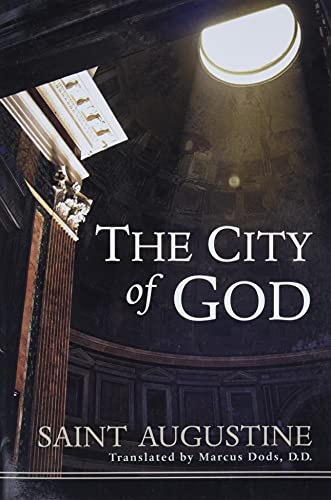












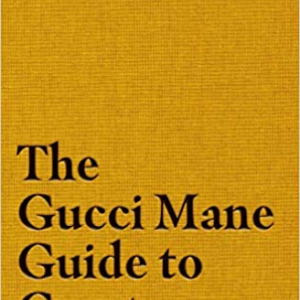


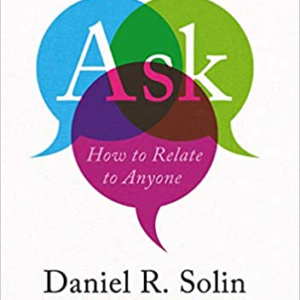


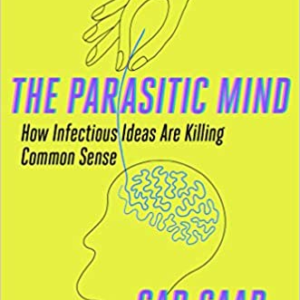

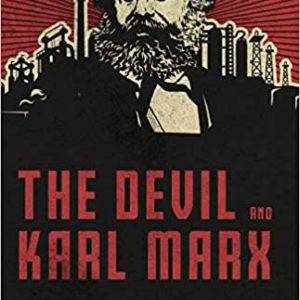













There are no reviews yet.